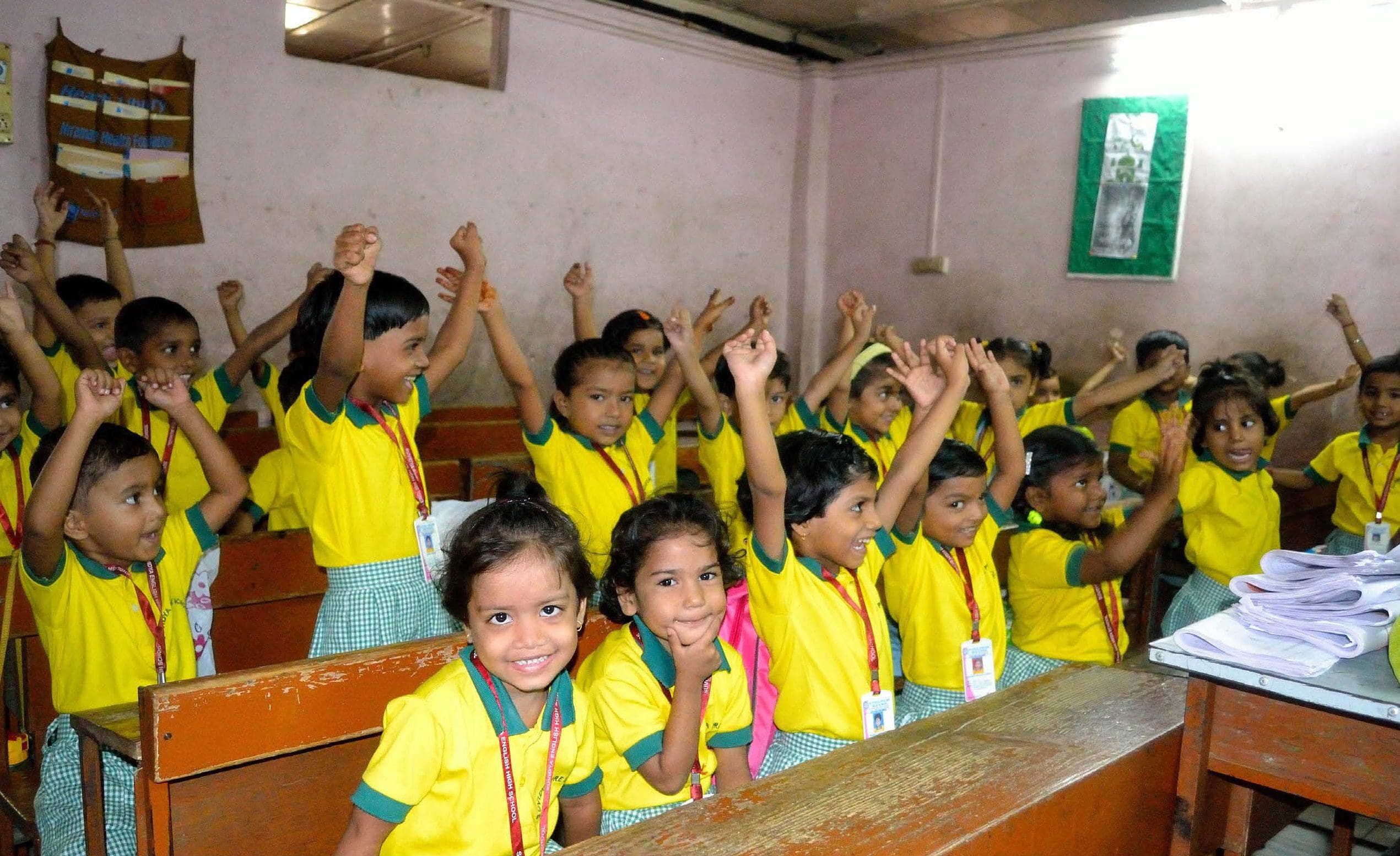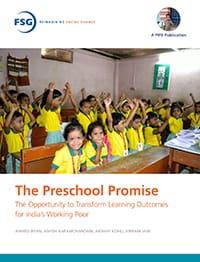In India, only 35 percent of 9th and 10th graders are able to read at a 4th-grade level. Implementing high-quality preschooling in urban India’s affordable private schools can improve the country’s learning outcomes by building a strong educational foundation.
86 percent of low-income parents send their children to affordable private schools. As these families make up 70 percent of the urban population, affordable private schools are compelled to cater to their wishes. Shifting parents’ expectations toward high-quality preschooling could transform the quality of education being delivered.
We surveyed over 4,000 low-income parents to understand their beliefs and behaviors on how they choose schools and how they gauge academic progress. By knowing what drives these parents’ choices, we can identify how to shift these beliefs and behaviors in order to encourage affordable private schools to enact higher-quality schooling.
Top Takeaways
- Low-income parents care deeply about their child’s education and choose private preschools which they believe can help improve their child’s academic prospects.
- Currently, parents are gauging their child’s learning by using “wrong markers” (for example, rote memorization). By shifting parents expectations toward looking for “right” markers of learning (such as understanding concepts), schools will need to respond or risk losing those parents’ fees.
- Leveraging existing beliefs and motivations among low-income parents (such as the demand for English and mathematics skills) could spread high-quality preschooling throughout India.





